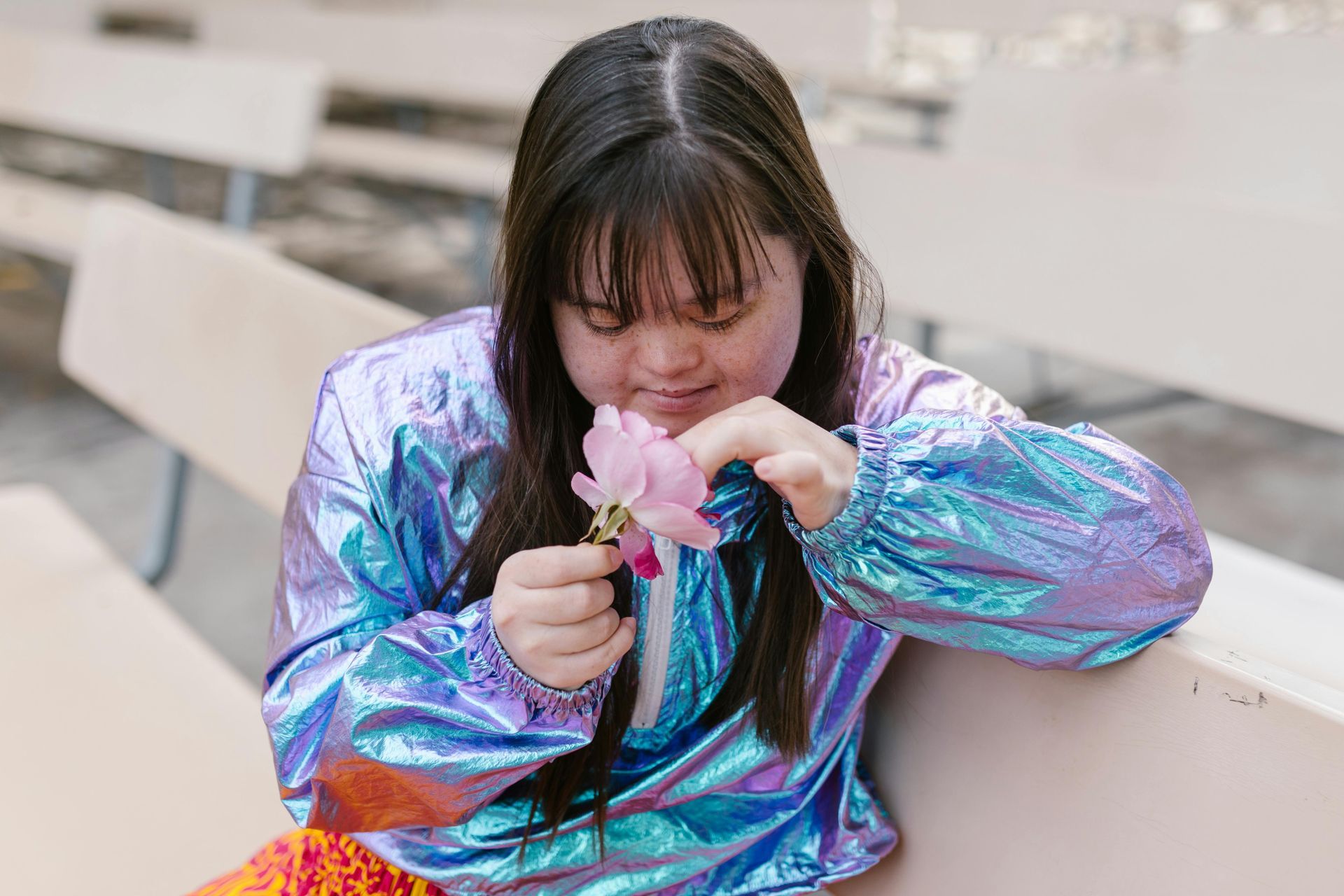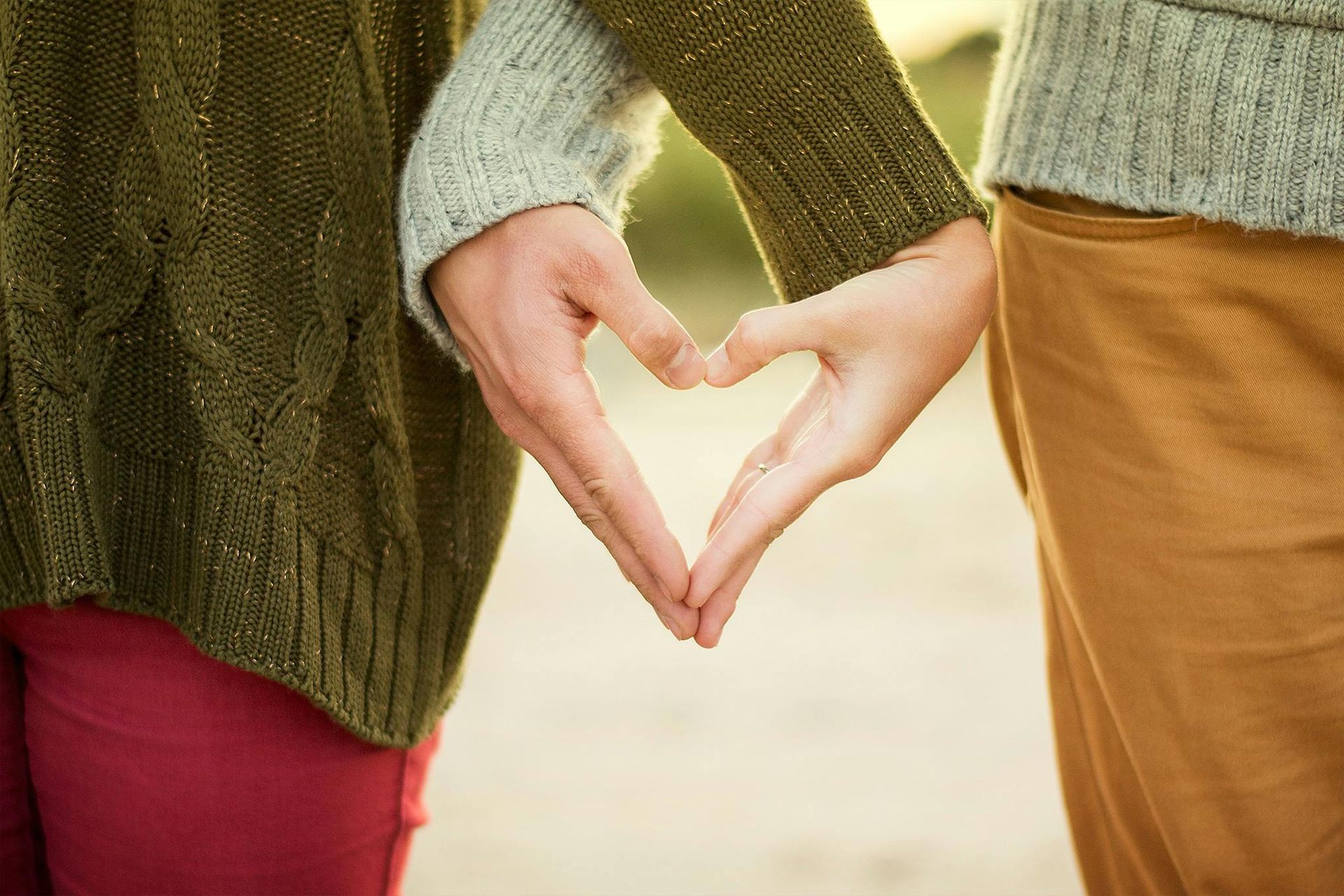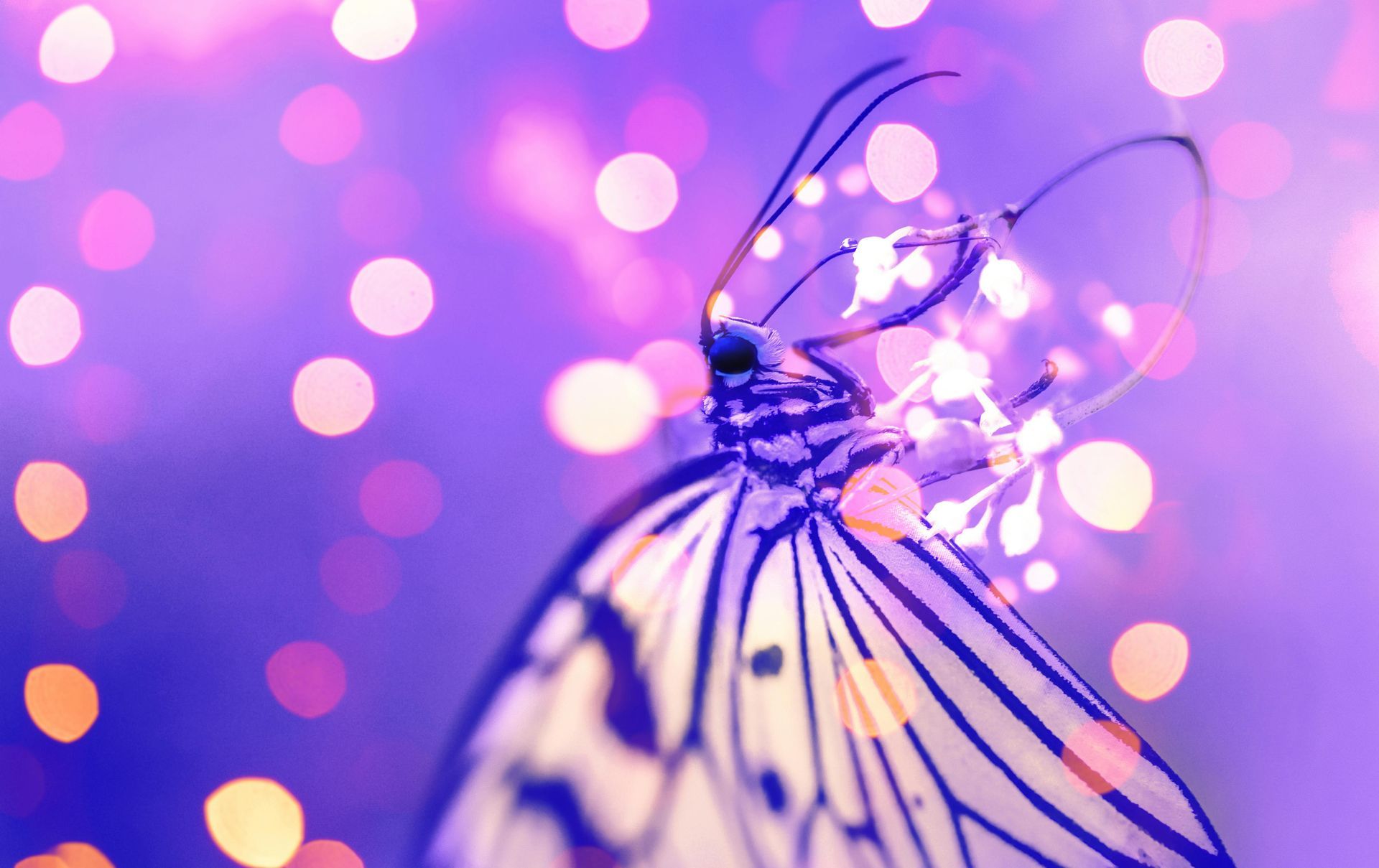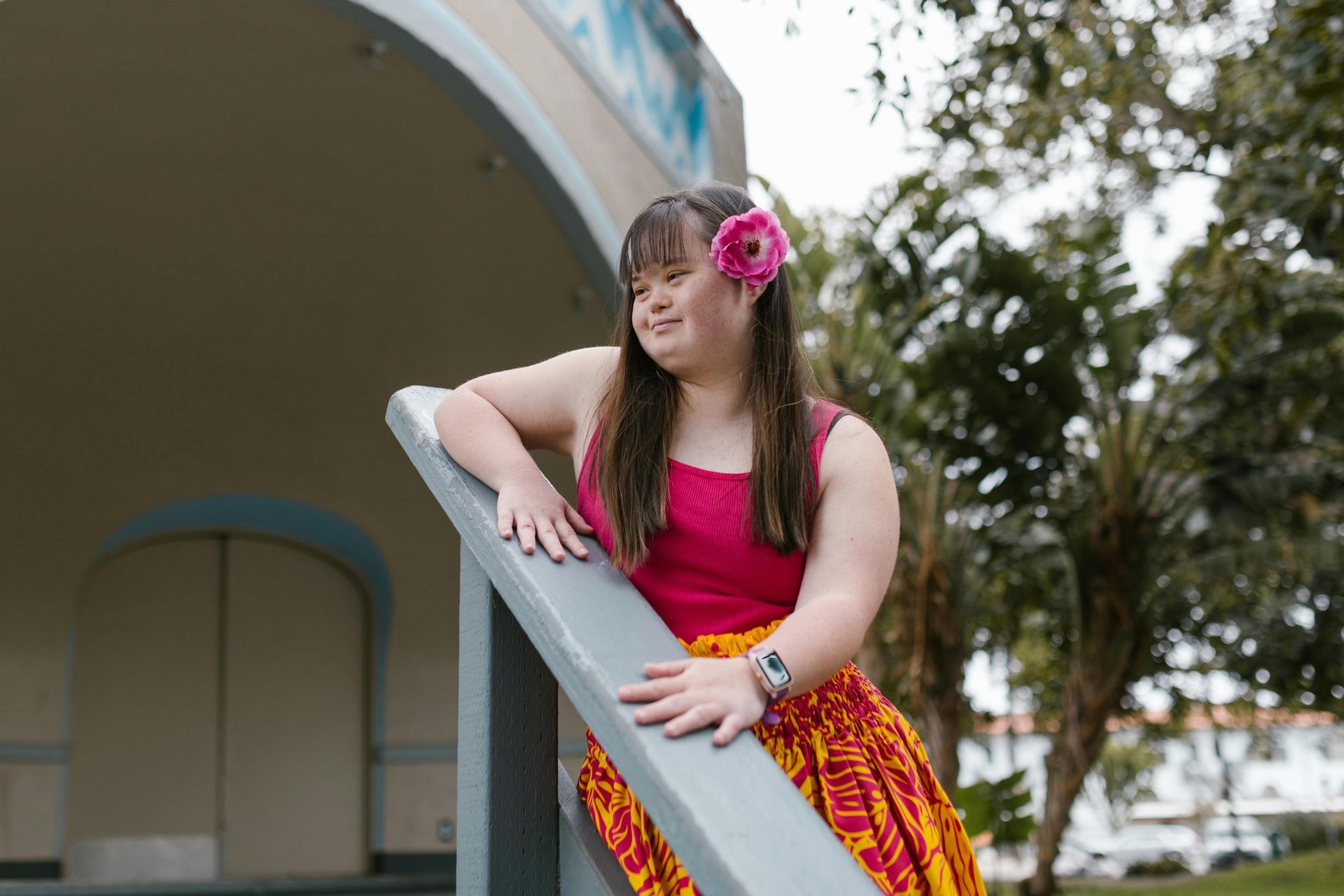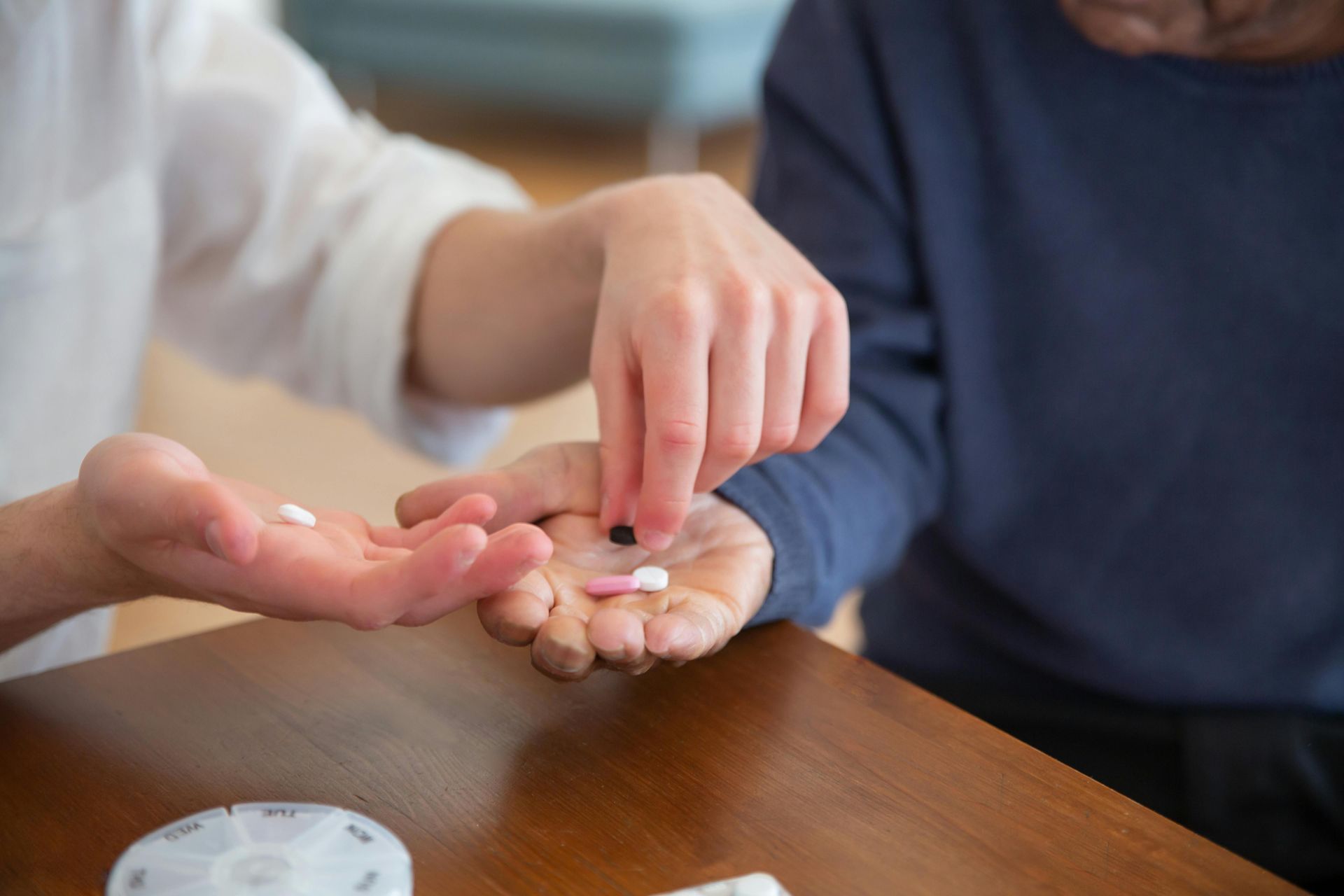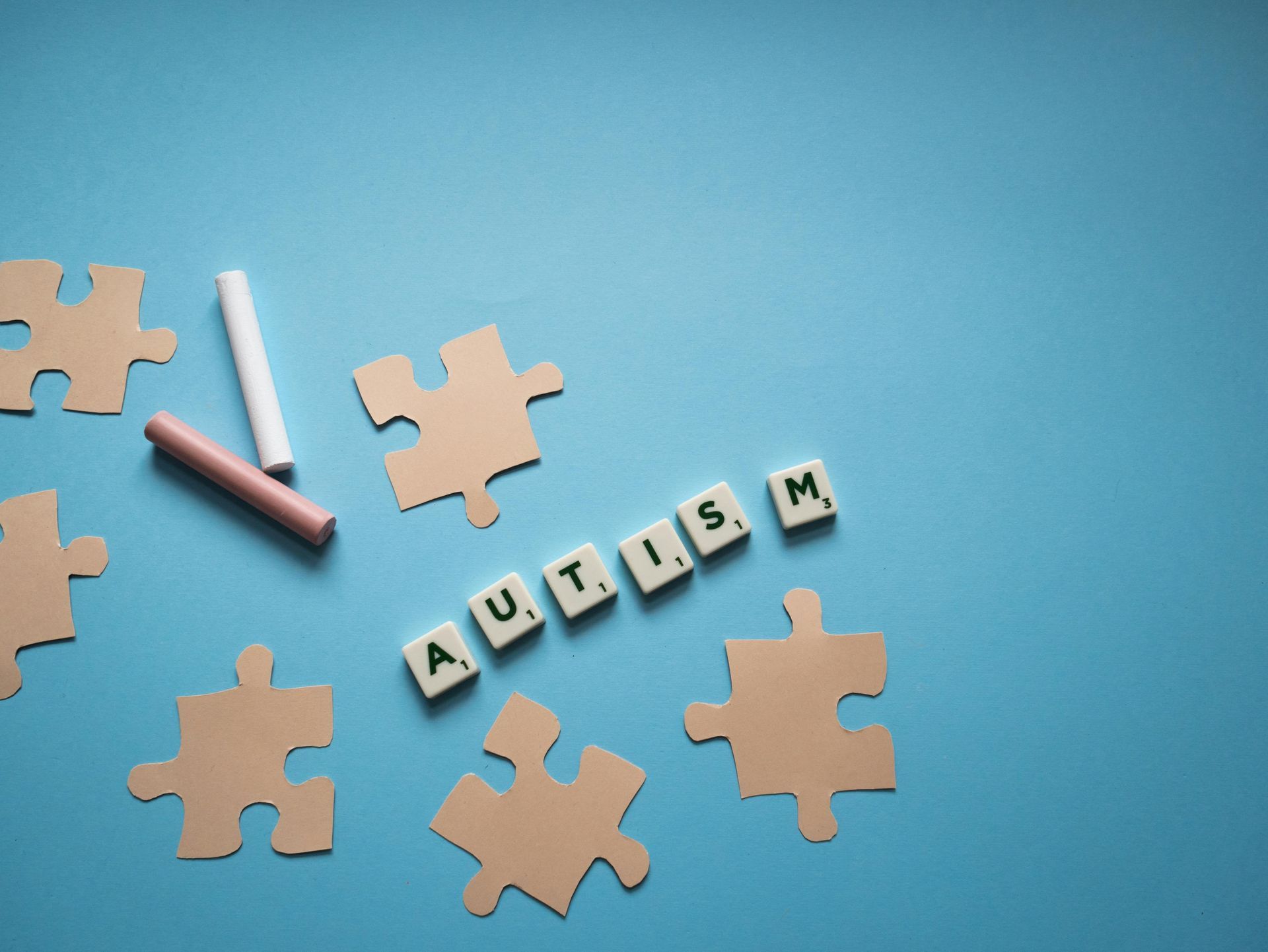As we age, our nutritional needs evolve, making it essential to consume foods that promote physical vitality, cognitive function, and emotional well-being. Seniors often face challenges such as reduced appetite, difficulty chewing, or managing chronic conditions like diabetes and heart disease. Fortunately, healthy eating doesn’t have to be complicated or bland.
Below are some delicious, easy-to-make recipes tailored to meet the unique dietary needs of seniors, ensuring every bite is both nourishing and enjoyable.
1. Creamy Avocado & Chickpea Salad
- Benefits: High in fiber, heart-healthy fats, and plant-based protein.
- Ingredients:
- 1 ripe avocado
- 1 can low-sodium chickpeas, drained
- ½ small red onion, chopped
- 1 tbsp lemon juice
- Fresh parsley, salt, and pepper to taste
- Instructions: Mash avocado in a bowl, mix in chickpeas, onion, lemon juice, and season. Serve on whole grain toast or lettuce leaves.
2. Baked Salmon with Dill & Veggies
- Benefits: Omega-3s for brain and joint health.
- Ingredients:
- 2 salmon fillets
- 1 zucchini, sliced
- 1 cup baby carrots
- 1 tbsp olive oil
- Fresh dill and lemon slices
- Instructions: Place veggies and salmon on foil, drizzle with olive oil, top with dill and lemon. Wrap and bake at 375°F for 25 minutes.
3. Oatmeal Power Bowl
- Benefits: Boosts heart health and supports digestion.
- Ingredients:
- 1 cup rolled oats
- 2 cups low-fat milk or almond milk
- 1 tbsp ground flaxseed
- ½ sliced banana, berries, and a sprinkle of cinnamon
- Instructions: Cook oats in milk, stir in flaxseed. Top with fruit and cinnamon.
Tips for Seniors’ Healthy Eating
- Hydrate regularly – even when not feeling thirsty.
- Use herbs and spices instead of salt to enhance flavor.
- Include protein in every meal to maintain muscle mass.
- Soft textures can help with chewing issues.
Eating well later in life supports energy, independence, and overall quality of life. Encouraging seniors to try new flavors, eat colorful meals, and prepare food with others can also uplift mood and strengthen social bonds.
📞 Interested in supporting a loved one’s wellness journey through nutrition and care?
Visit www.globalhandsinc.com to learn how.

